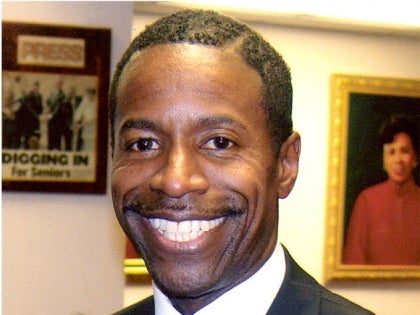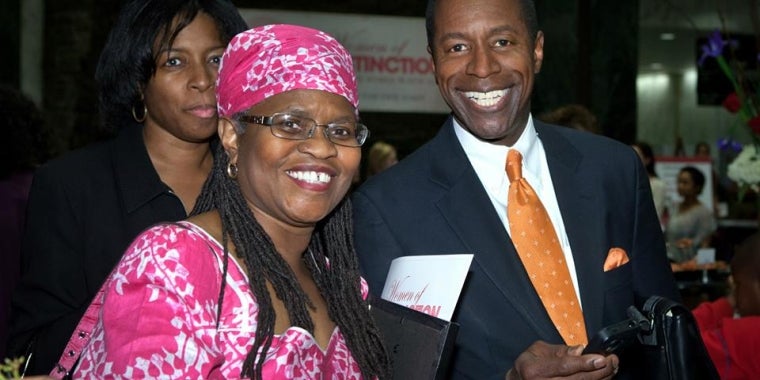
Senate Minority Introduces Reforms To Brownfields Clean-up Program
Malcolm A. Smith
June 12, 2007
Senate Democrats today introduced a comprehensive bill (S.6177) to provide incentives for Brownfields redevelopment on condition that businesses create quality jobs or provide affordable housing opportunities.
The legislation also strives for a regional-based approach in Brownfield reuse plans, encompassing local community needs and wants.
A Brownfield is an abandoned or underused industrial or commercial site that is environmentally contaminated.
Senate Democratic Leader Malcolm A. Smith (D-Queens) and Senator Antoine Thompson (D-Buffalo) are the bill's primary sponsors.
"To me, these properties present an opportunity to reinvigorate communities by filling the void with good-paying jobs and affordable housing," Smith said.
A central feature of the Senate Democrats' proposal is its "Brownfields Shovel-Ready Site Program" to be administered through the Empire State Development Corporation (ESDC). Under the program, ESDC would be authorized to purchase and clean up contaminated properties in underserved communities. Properties could then be sold to businesses for one dollar on the condition that quality jobs are generated on site. These sites could also be used to provide much-needed affordable housing opportunities.
"It is time for economic development policies that apply state resources wisely toward job growth and community renewal," said Thompson. "Accountability is paramount."
To qualify for the "Brownfields Shovel-Ready Site Program," businesses must meet rigorous targets for quality job growth. Developers must:
*Construct quality buildings at an investment of at least $38 per square foot;
*Meet the Leadership in Energy and Environmental Design (LEED) Green Building Rating System, which encourages energy-saving building investment;
*Provide at least one job per 1,000 square feet of building space. Jobs must provide a living wage of at least $9.50 an hour plus benefits; and
*Hire at least seventy percent of its workforce from the local community.
In the case that a remediated site is sold to a developer for affordable housing, units must be built in accordance with the State's affordability guidelines, spurring development of middle-income housing.
Additionally, the legislation amends existing law, allowing community-based organizations to play a more active leadership role in advancing Brownfield remediation plans. It also doubles the tax credit available for sites that are built consistent with a Brownfield Opportunity Area (BOA) plan while eliminating tax credits for construction within a Brownfield Opportunity Area when such a plan does not exist.
"The new Senate bill is a real breakthrough that provides a framework for solving New York's Brownfields crisis," said Mathy Stanislaus, Co-Director, New Partners for Community Revitalization, Inc. "It protects communities, provides incentives for inner-city neighborhood redevelopment, and strengthens the Upstate Economy."
Senator Efrain Gonzalez (D-Bronx) pointed to flaws in existing state Brownfields policy, including a lack of accountability for companies benefiting from redevelopment tax credits as well as a failure to involve local communities in the planning process.
Gonzalez noted that the Brownfield Opportunity Area Program offers an area-wide approach to reclaiming Brownfields for redevelopment with an eye toward returning properties to tax rolls and developing affordable housing and job opportunities.
"Here is an opportunity to involve communities in a comprehensive vision for the future reuse of abandoned properties," said Gonzalez, Ranking Democrat on the Senate's Commerce, Economic Development and Small Business Committee.
Share this Article or Press Release
Newsroom
Go to NewsroomTHANKSGIVING ESSAYS AND CONTRIBUTIONS
December 2, 2014
Cycle With the Senator Saturdays in August
August 5, 2014

“Woman of Distinction" 2014 Honoree Adjoa Gzifa
July 11, 2014

Career Day at PS 48 in Jamaica
July 11, 2014
